We recently connected with I.d. Marie and have shared our conversation below.
I.D., first a big thank you for taking the time to share your thoughts and insights with us today. I’m sure many of our readers will benefit from your wisdom, and one of the areas where we think your insight might be most helpful is related to imposter syndrome. Imposter syndrome is holding so many people back from reaching their true and highest potential and so we’d love to hear about your journey and how you overcame imposter syndrome.
I don’t believe there is ever “overcoming” imposter syndrome. Its impact on your self-esteem and confidence in your work ebbs and flows. Some days, you feel at the top of the world; other days, you feel like you don’t belong at the table you’ve found yourself at. Personally, I’ve come to accept that imposter syndrome is a fact of life. When I feel those feelings of inadequacy, I leave space for those emotions, knowing the feeling will pass. At the end of the day, I’ve taught myself the mantra that all my accomplishments cannot be “by chance” and have found an appreciation for imposter syndrome to keep me grounded and hungry for more.
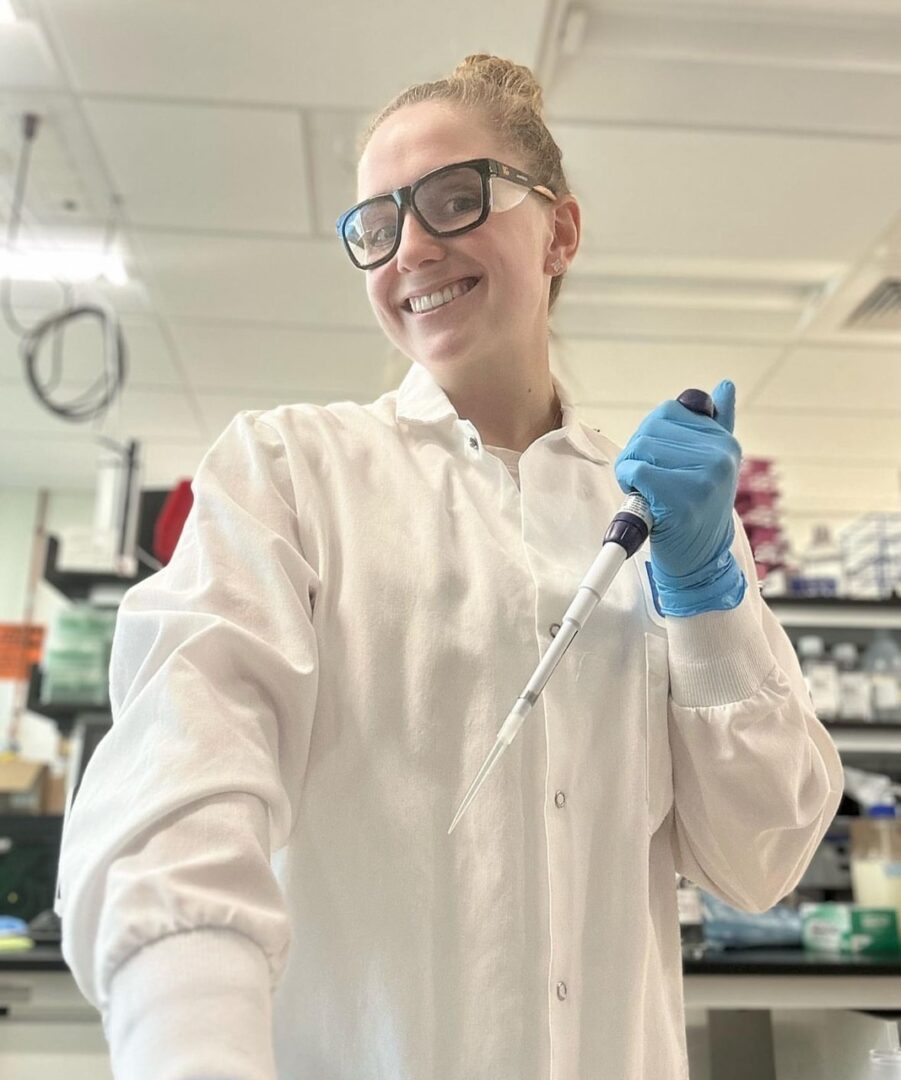
Thanks for sharing that. So, before we get any further into our conversation, can you tell our readers a bit about yourself and what you’re working on?
I’ve always found myself caught between logic and fantasy: reading or sports, a creative writing degree or medical school, and, most recently, a bioengineering or writing career. I was your classic jock in high school and college, and I was extremely competent in fooling the world into believing that was all I was. In college, I was known as the girl on the soccer team. I was proud of this because I managed to reach an extremely high level of athletics: playing for a Top 100 Division One school. But, in the background, I was a creative with a mind lost in daydreams.
College was when the creative side of me started vying for more control. I found myself forgoing parties to stay in and write, with my favorite candles burning and my current music genre obsession blasting from my speakers. This is when I wrote the first draft of my book series, The Legends of Pangaea. This is also when I started to question my career choice. I was smart enough to make it through medical school, but was that my passion?
This dilemma is typical for every young adult, but an ADHD diagnosis and COVID-19 made my choices impossibly worse. I realized during my time between starting a biotechnology master’s degree, starting a career in engineering, and embracing my writing that I didn’t have to decide. Not yet, at least. Currently, I am a bioengineer passionate about my job, but I use my free time to embrace the hobbies that make my soul sing. I still maintain my “jock” interests, becoming a state-record-holding powerlifter, but I also have learned to save space for my writing passion. Thanks to some writing friends, I was finally pushed to take my writing seriously and publish the first book in my Legends of Pangaea series: The Tyrant’s Daughter.
I have published the first two books in my series, and the third book, The Martyr’s Shadow, is set to be released in January 2025. Currently, I treat writing as a part-time job with the hopes that it will one day become a full-time endeavor. I have finally allowed myself to embrace all the parts of myself, and while it makes my schedule extremely busy, I feel happy and fulfilled pursuing my various passions.
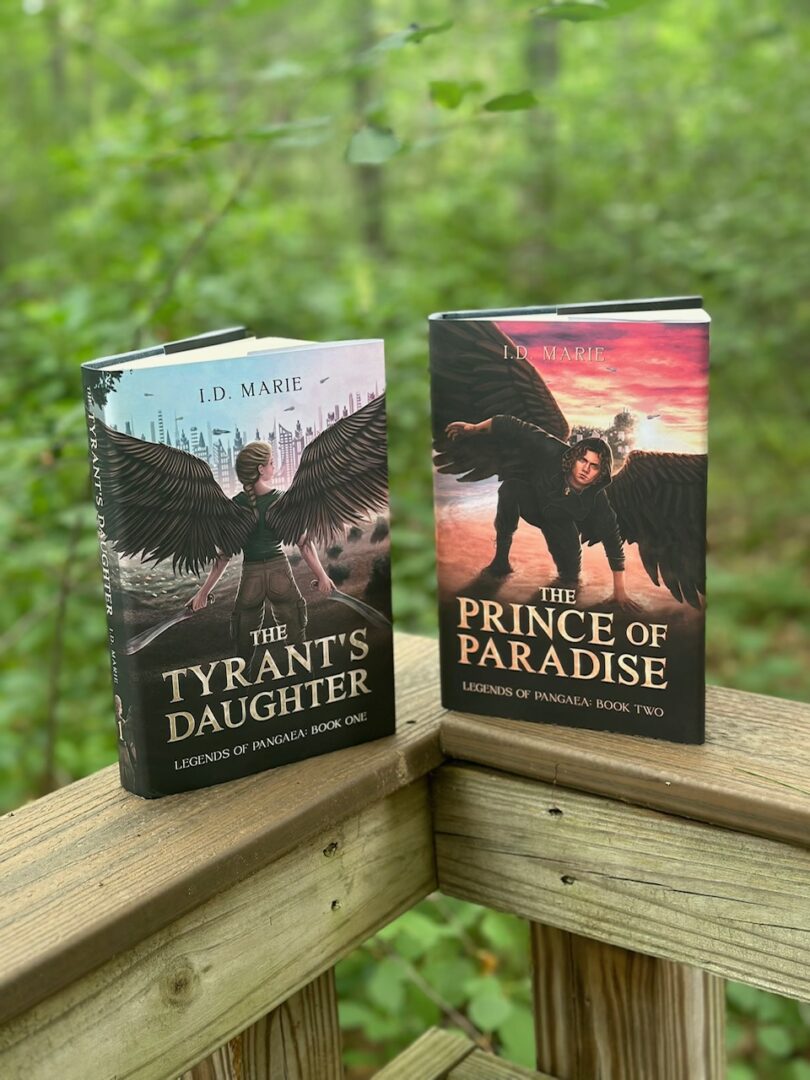
Looking back, what do you think were the three qualities, skills, or areas of knowledge that were most impactful in your journey? What advice do you have for folks who are early in their journey in terms of how they can best develop or improve on these?
Resilience, kindness/professionalism, and a willingness to learn.
All three of these are extremely hard, and I’ve spent a lot of time improving myself in these areas. Honestly, I’m still learning to practice these three qualities properly, and something tells me there will always be a way to improve.
With these three qualities, you can do anything. Skills and knowledge can always be learned, but qualities take practice, and they go a long way.
Resilience sticks around even when your capabilities and self-confidence fetter out. You can have days when you think you’re not good enough, even days where it’s evident you are out of your depth, but choosing to quit is a choice. There are many times when I was at a soccer practice, stepping up to a weight I’ve never moved at a powerlifting meet, applying for a job I’m not qualified for, or asking a book shop to carry my book when I felt like I had no right to be there. The difference between myself and countless others is that when faced with the opportunity to quit, I ignore it. So what if I fail? So what if I technically shouldn’t be there? I’m there, might as well give it a shot. And more often than not, I rise to the occasion. It might take months or even years, but eventually, I earn my keep. But that never would have happened if I accepted that I wasn’t good enough.
I cannot stress enough the importance of kindness and professionalism. Everyone is fighting for a slice of the pie, whether in the writing, athletics, or biotech industry. The thing that sets you apart, the thing that gets you support and high quality, is relationships. Always be kind and genuine. People notice, and you will always get further with a strong reputation and friends behind you. By the same token, if you are professional, putting up a good outward appearance in timeliness, organization, and communication will make people WANT to work with you. I’ve found that the main reason for my success is the help of others: a gift from an artist/editor working on my book, emergency help from coworkers, and extra training tips from a teammate. A reputation as a kind and professional person is hard to obtain, and it takes a while to build, but that is because it is the best possible reputation to have–especially in competitive fields.
Lastly is a willingness to learn. I still struggle with this a lot, and it might be the area I need the most work on. Still, looking at the progress I’ve made on this front already proves how much I can gain by letting people who may know more than me instruct me. At the end of the day, it’s hard to have humility and admit there are areas you are insufficient in, but if this skill were easy, everyone would do it. Does admitting my inadequacies trigger my own internalized sense of imposter syndrome? Yes. But letting others in to help me is the only way to fix these areas instead of always covering them up. Like I said, I have a lot to learn in this section, but I have made it a point to let others teach me, and slowly but surely, I see myself growing.
“Hard work beats talent when talent doesn’t work hard.” With these three qualities, you can go toe-to-toe with someone more talented than you and, eventually, outmatch them.

Do you think it’s better to go all in on our strengths or to try to be more well-rounded by investing effort on improving areas you aren’t as strong in?
I will always be an advocate for being well-rounded.
Understanding your strengths is essential: they’re your base, your source of confidence. But you will not get anywhere by simply doing what is comfortable. You should always take stock of what you’re good at and what you can improve on. I can see this thought process in the writing and athletic industry.
In soccer, I was a goalkeeper. I was extremely competent in being aggressive, strong, and shot-stopping. When I started college, my foot-skills left something to be desired. Unfortunately, I had no control over how a game went. I couldn’t tell the opponent, “Hey, only shoot at me; I can’t pass the ball well.” Ignoring my weaknesses meant I would let myself and my teammates down. So, I trained, focusing on my weaknesses. I know my strengths got me to that level of soccer, but if I wanted to keep growing and support my team, I needed to focus on my weaknesses.
Writing is also a great example. Many authors are blindsided by the amount of “not-writing” they are forced to do when they start. Being a writer isn’t just story-telling. Writers must become good at market research, marketing, communication, team management, finance, and many other tasks. If writers want to be successful, they cannot just be good at the craft; they must develop an understanding of everything else. This was a lesson I learned quickly and also a skill I’ve developed over the past year: I was a great writer, but without the other things, no one would even know my stories existed, or I would go bankrupt before readers found my work.
Contact Info:
- Website: https://www.idmarie-author.com/
- Instagram: https://www.instagram.com/i.d._marie/
- Other: Tik Tok: https://www.tiktok.com/@i.d.marie
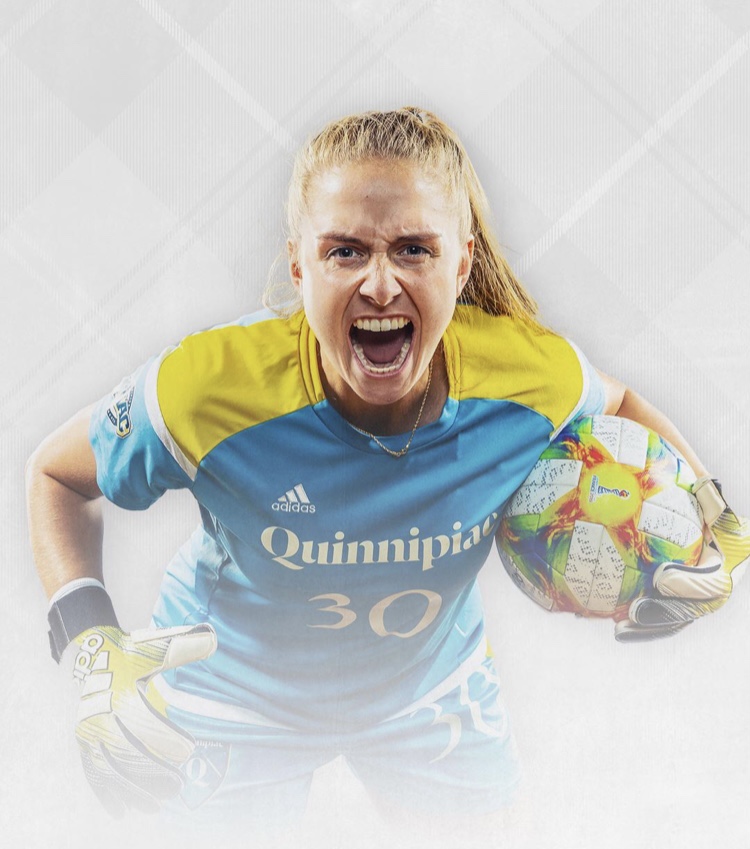
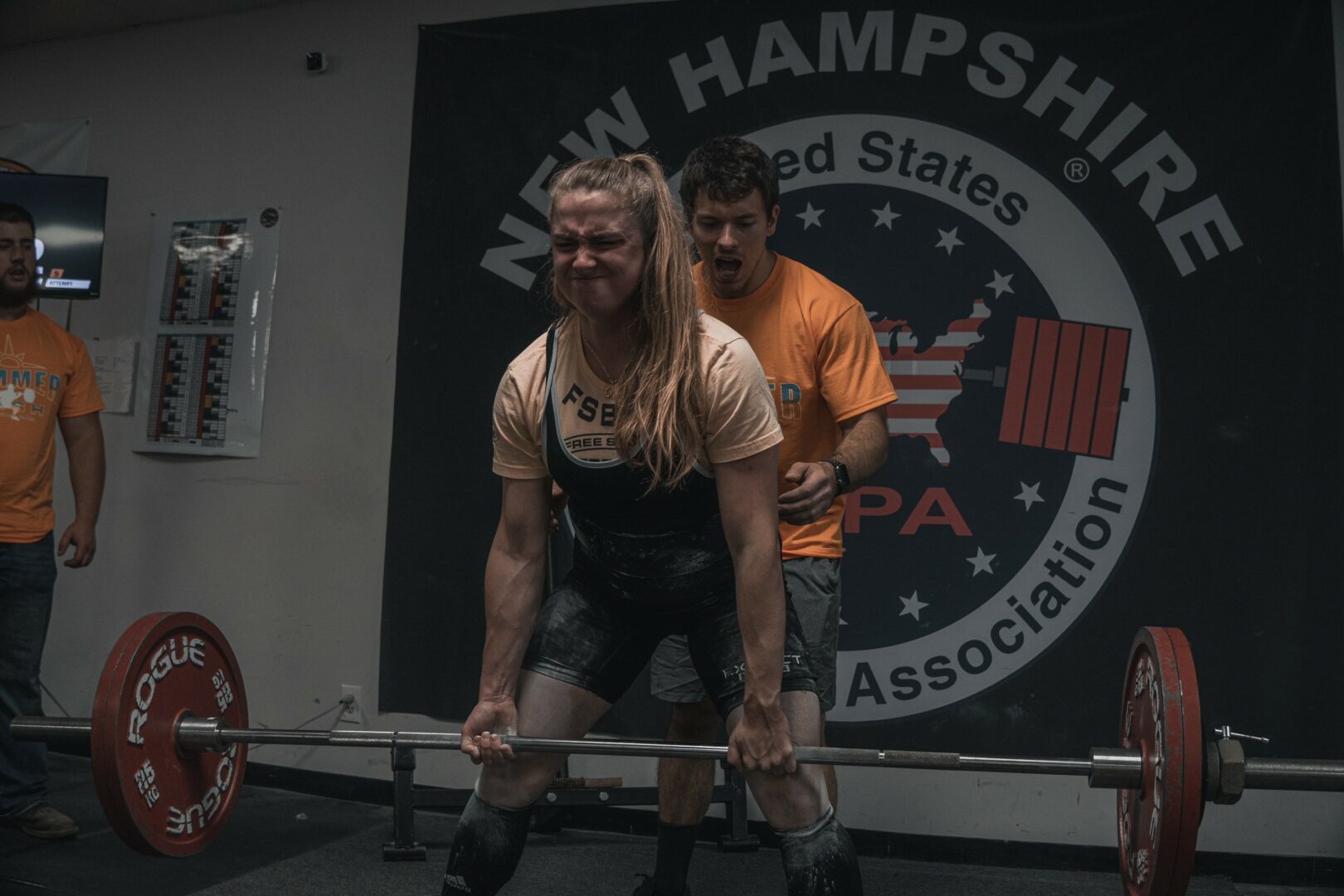
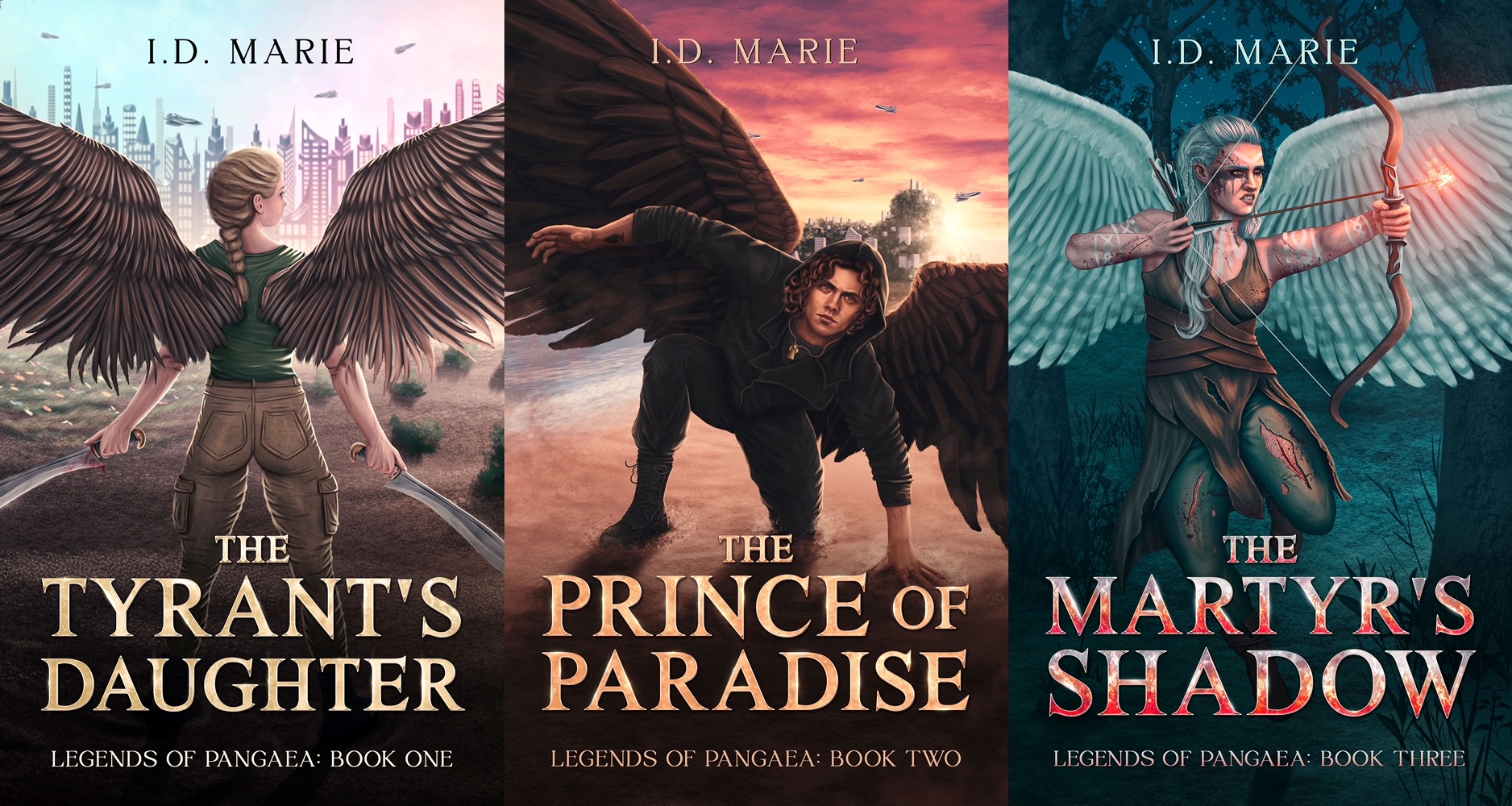
Image Credits
Soccer image: Quinnipiac University
Book Cover Design: Lunaris Falcon Studio
so if you or someone you know deserves recognition please let us know here.




